NAFC Members are their community’s response to the healthcare needs in their area. They are on the frontlines in communities throughout the United States providing needed access to a wide range of healthcare services for their uninsured and underinsured neighbors.
What are Free and Charitable Clinics and Charitable Pharmacies?
Free and Charitable Clinics and Charitable Pharmacies are safety-net health care organizations that utilize a volunteer/staff model to provide a range of medical, dental, pharmacy, vision and/or behavioral health services to economically disadvantaged individuals. Such clinics/pharmacies are 501(c)(3) tax-exempt organizations, or operate as a program component or affiliate of a 501(c)(3) organization. Entities that otherwise meet the above definition, but charge a nominal/sliding fee to patients, may still be considered Free or Charitable Clinics or Pharmacies provided essential services are delivered regardless of the patient’s ability to pay. Free or Charitable Clinics and Charitable Pharmacies restrict eligibility for their services to individuals who are uninsured, underinsured and/or have limited or no access to primary, specialty or prescription health care.
Free and Charitable Clinics and Charitable Pharmacies focus on the overall needs of uninsured and underinsured people in their communities throughout the country. They provide a wide range of services, including medical, dental, pharmaceutical, behavioral health, vision, and health education services as well as address social determinants of health through programs like food pantries, job and housing assistance, transportation assistance and more.
Examples of services that are found at Free & Charitable Clinics include:
- Primary Care
- Health Education
- Medication Access
- Labs
- Women’s Health
- Mental Health
- Immunizations
- Dental
- Smoking Cessation
- Social Services
- Specialty Care & Referrals
- Vision
- Substance Abuse
- Nutrition
Patient Eligibility
Who is eligible to be a patient at a Free or Charitable Clinic or Pharmacy ranges and depends on the capacity and needs of each organization and their community. Patients are typically uninsured or underinsured and are within the range of below 100 – 300% of the Federal Poverty Level.
Some clinics may have restrictions on locations, only seeing a patient if they reside in a particular state, county or zip code. It is important that anyone seeking care contact their local clinic directly to learn more about any possible eligibility requirements.
Types of NAFC Member Organizations
Free Clinic: The nonprofit clinic provides all goods and services at no charge directly to uninsured and/or underserved patients. “Services” include medical, dental, mental health/behavioral health, and/or medications. Clinic may request or suggest donations. Clinic does not bill any third-party payers, including Medicaid, Medicare, or commercial insurers. Clinic may be bricks-and-mortar clinic or mobile unit.
Charitable Clinic: The nonprofit clinic provides goods and/or services for a fee directly to uninsured and/or underserved patients. “Services” include medical, dental, mental health/behavioral health, and/or medications. Clinic may use a flat fee or sliding fee scale. Clinic may bill patients but does not bill third-party payers, including Medicaid, Medicare, or commercial insurers. Clinic may be bricks-and-mortar clinic or mobile unit.
Hybrid Clinic: The clinic is a free clinic or charitable clinic as defined above, except that it also bills one or more third-party payers, such as Medicaid, Medicare, or commercial insurers. Clinic has not been designated as a Federally-Qualified Health Center (FQHC), FQHC Look-Alike, or Rural Health Clinic.
Student-Run Clinic: A free or charitable clinic that is mainly run by students. Clinic may be housed within a university or school.
Stand Alone Free/Charitable Pharmacy: The licensed pharmacy dispenses free or low-cost medications directly to uninsured and/or underserved patients.
Federally Qualified Health Center (FQHC): Federally funded nonprofit health centers or clinics that serve medically underserved areas and populations. Federally qualified health centers provide primary care services regardless of your ability to pay. Services are provided on a sliding scale fee based on your ability to pay.
HRSA-designated Rural Health Clinic: Clinics in underserved rural areas that have received a special certification by the Centers for Medicare & Medicaid Services (CMS) and receive enhanced reimbursement rates for providing Medicare and Medicaid services.
51% of clinics/pharmacies have an operating budget of $250,000 or less.
67% of clinics/pharmacies have an operating budget of $500,000 or less.
16% of clinics/pharmacies have an operating budget of over $1 Million.
